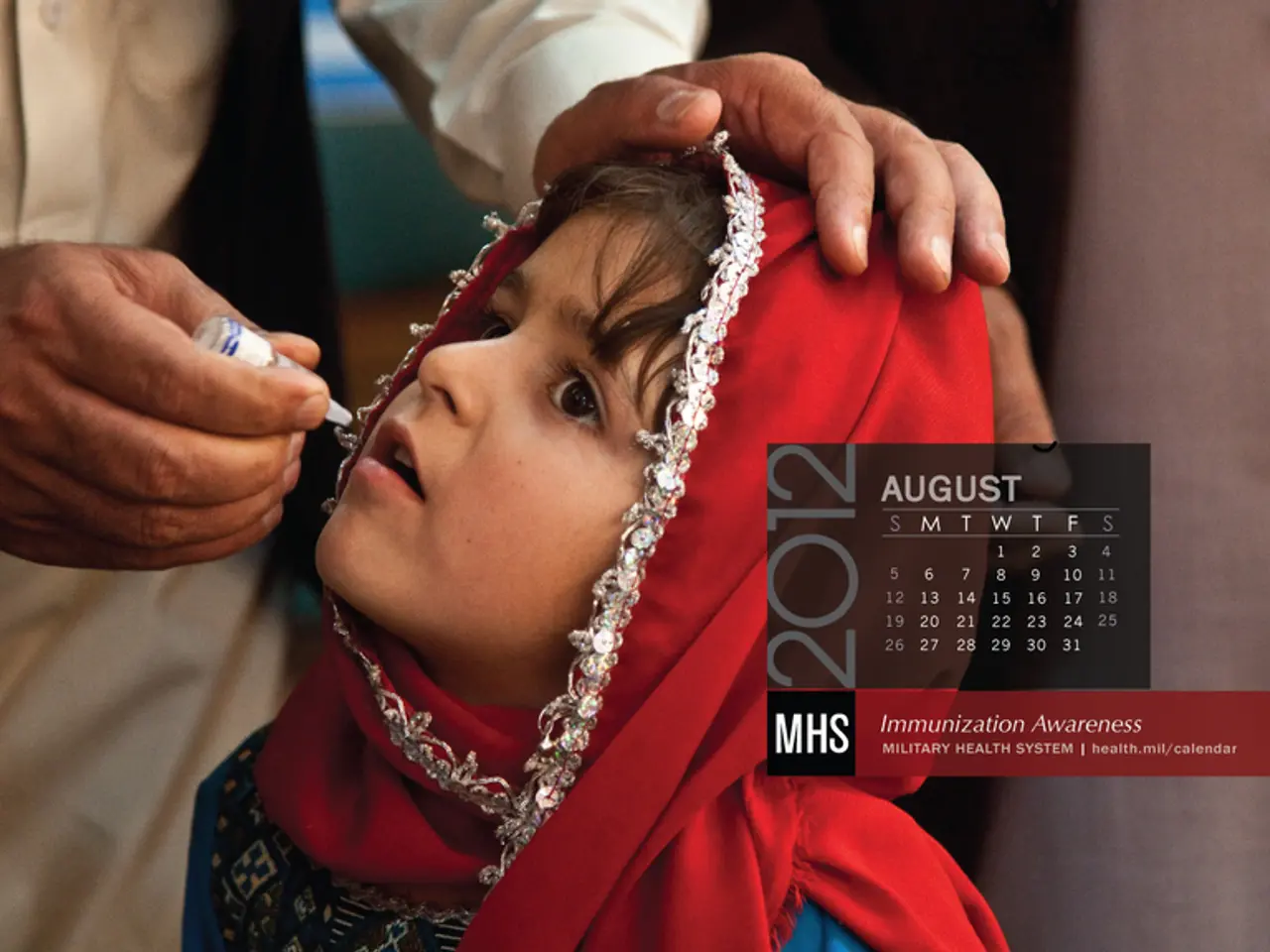Suspect in CDC shooting claims COVID vaccine caused suicidal thoughts, as detailed in police conversation with his father
In a shocking turn of events, a shooting incident took place at the U.S. Centers for Disease Control and Prevention (CDC) headquarters in Atlanta. A Georgia man identified as Patrick Joseph White opened fire on the complex, leaving a trail of destruction and tragedy in his wake.
White shot dozens of rounds into the CDC complex, resulting in damage to at least four buildings. Bullet holes were found in the front and rear doors of a nearby CVS, and dozens of impacts were visible from outside the campus. The incident left hundreds of CDC staffers sheltering in place, many of whom were unable to leave for hours.
Sadly, the shooting claimed the life of David Rose, a former Marine who served in Afghanistan and had recently graduated from the police academy. Rose was 33 years old. Lorraine Cochran-Johnson, DeKalb County Chief Executive, expressed her condolences for Rose's family, stating that there is a wife without a husband and three children, one unborn, without a father.
As the investigation into the shooting continues, authorities are still uncertain whether White died from police fire or a self-inflicted gunshot. Atlanta Mayor Andre Dickens described the gunman as a "known person with potential interests," but no motive has been named as of yet.
The shooting at the CDC headquarters comes amidst a backdrop of growing vaccine skepticism, a complex issue with roots stretching back before the COVID-19 pandemic. Vaccine skepticism arises from mistrust of vaccine contents, fears of adverse effects, and distrust of institutions, often fueled by misinformation.
During the pandemic, vaccine hesitancy has been intensified by the rapid vaccine development and politicization of vaccines. Some groups, such as minority communities and certain political affiliations, have shown higher resistance to vaccination. This resistance ties to historic medical abuses and ongoing mistrust in some cases.
Though vaccine hesitancy has notably impacted the CDC’s public health mission, there is no direct evidence from current sources that it has had a physical or operational impact on the CDC’s Atlanta headquarters. However, the erosion of trust in health authorities like the CDC due to mixed messaging and politicization has complicated vaccine rollout efforts and public compliance with vaccination recommendations.
The CDC workers face uncertain futures due to Trump administration funding cuts, layoffs, and political disputes over their agency's mission. A group of laid-off employees has been demanding that elected officials take action against the federal cuts.
Neighbor Nancy Hoalst described White as friendly and seemingly normal, but she noted that he often brought up the topic of vaccines even in unrelated conversations. Hoalst stated that White deeply believed that vaccines were harmful to him and others.
Signs reading "Save the CDC" are common in some Atlanta-area neighborhoods, reflecting the community's concern for the vital work conducted at the CDC headquarters. The shooting has prompted a massive law enforcement response to the CDC campus, and the investigation into the incident continues.
- The shooting incident at the CDC headquarters in Atlanta has brought politics into focus, as the Georgia man responsible, Patrick Joseph White, allegedly had potential interests that have yet to be openly identified.
- The tragic event at the CDC has highlighted the complexity of vaccine skepticism, a problem that originated before the COVID-19 pandemic and has been aggravated by political polarization and rapid vaccine development.
- In response to the shooting, a group of CDC employees affected by Trump administration funding cuts, layoffs, and political disputes over their agency's mission have been demanding action from elected officials to address the situation.
- Many local residents in Atlanta show their support for the CDC through signs reading "Save the CDC," expressing their concern for the vital work accomplished at the headquarters.
- The incident at the CDC has given rise to discussions about the erosion of trust in health authorities like the CDC due to mixed messaging and politicization, which has complicated vaccine rollout efforts and public compliance with vaccination recommendations.
- The shooting at the CDC campus has urged a general-news focus on the growing concern over the mental health of the general population, with concerns that individuals like Patrick Joseph White, who may hold extreme beliefs about vaccines, could be a danger to society.
- Amidst the ongoing investigation into the shooting incident, the California-based health-and-wellness industry and mental health professionals are advocating for better infrastructures to address the escalating issue of mental health concerns tied to politicized attitudes towards vaccines and public health institutions.




